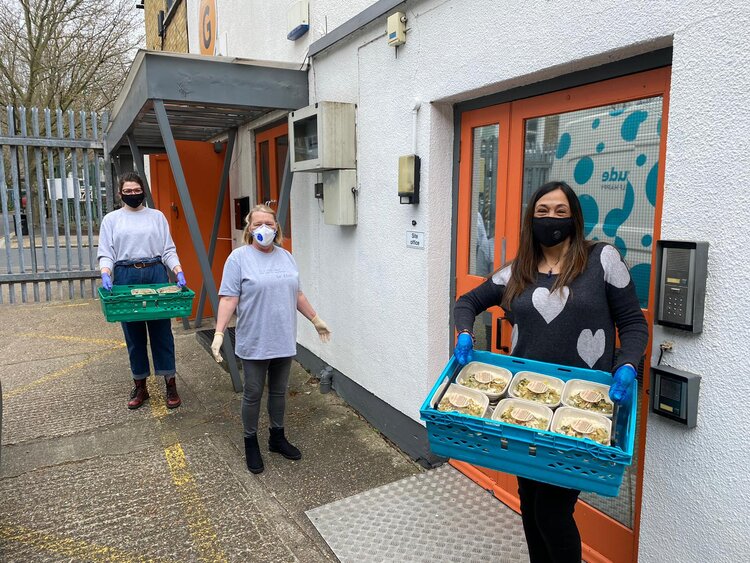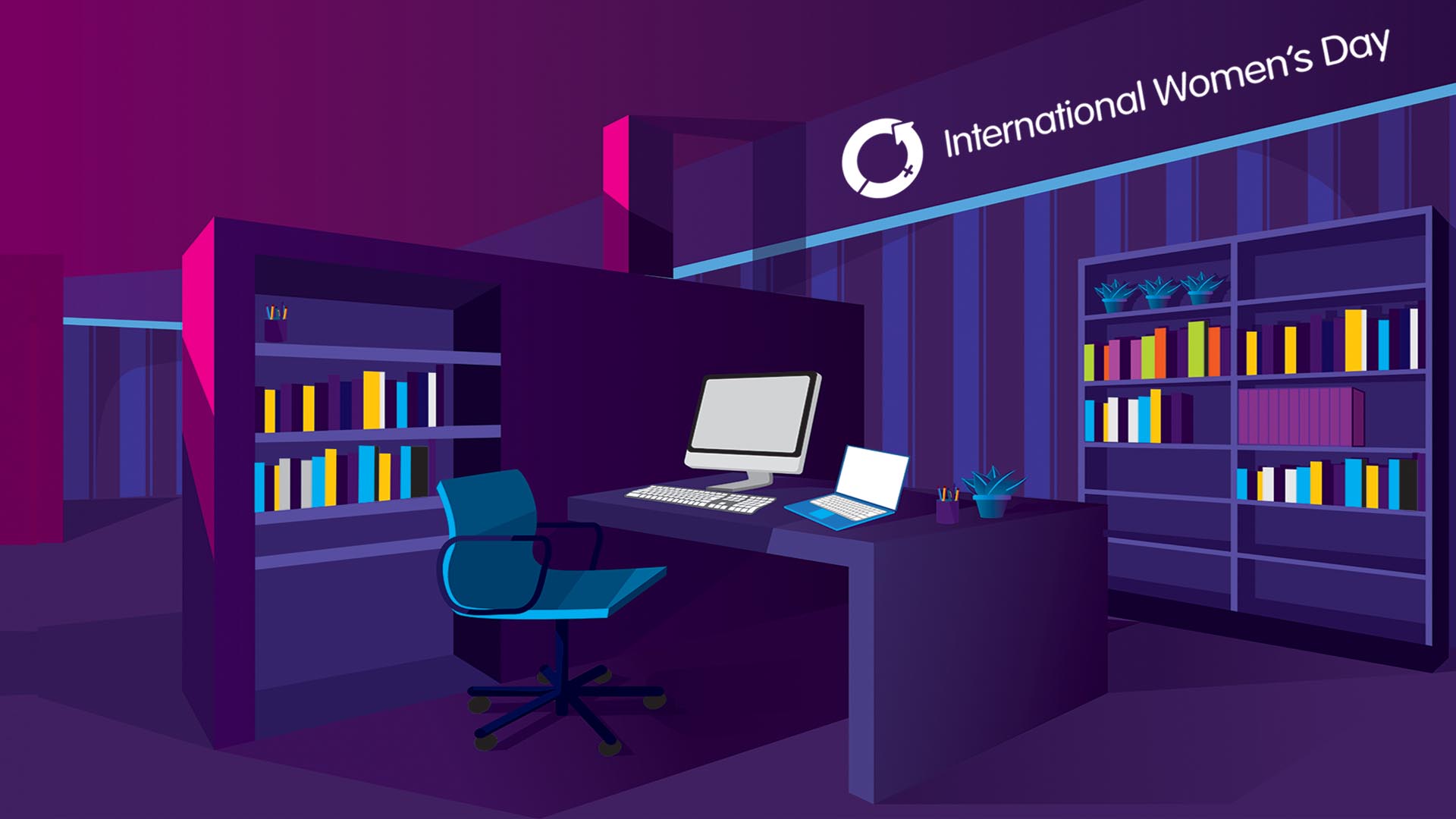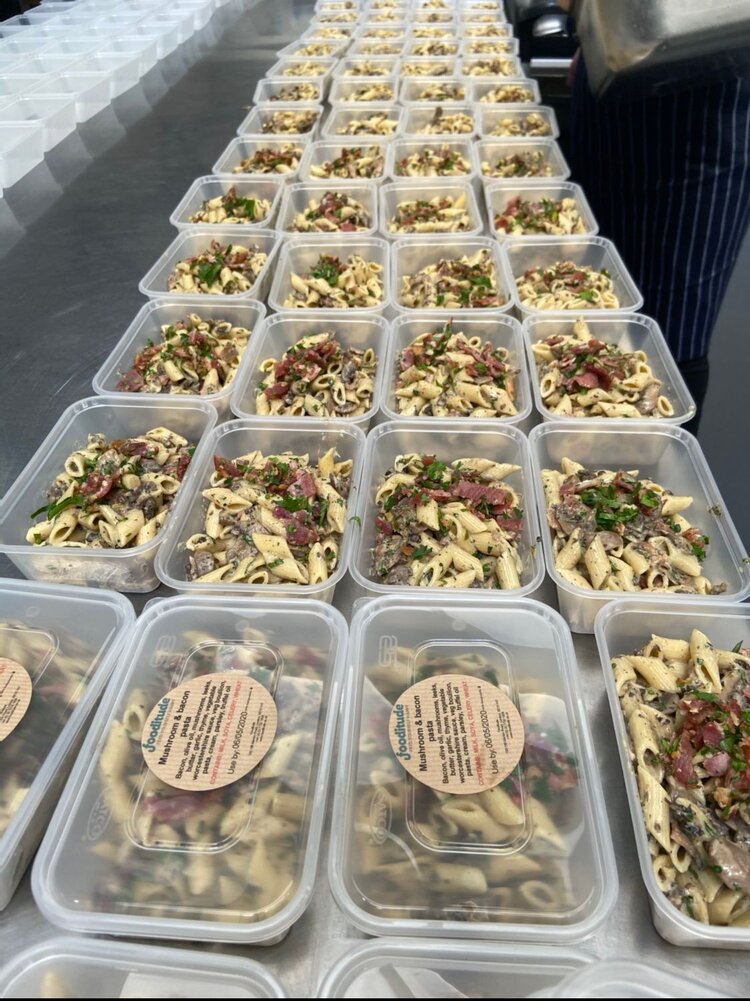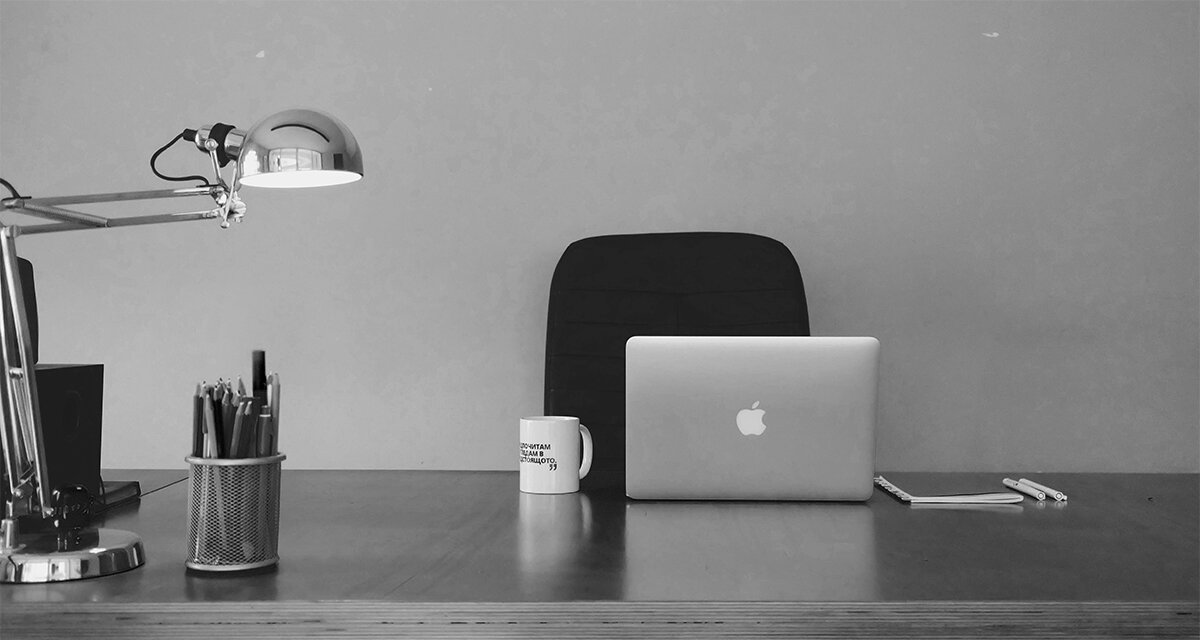From challenge comes change. For International Women’s Day 2021 we caught up with Sam Vacciana, who is directly challenging the inequalities surrounding employability as the Director and Founder of Bermondsey Employment Skills and Training, otherwise known as BEST.
Sam has really inspired Fooditude team throughout the pandemic with her commitment to supporting the Southwark community. She played an instrumental role in expanding the scale of operations for our COVID Emergency Response Kitchen, from a few hundred meals a week to a few thousand.
Here is what Sam had to say about a range of topics covering, employability, the COVID Emergency Response Kitchen, looking beyond lockdown and inspirational women…
BEST: facing the challenges
“BEST is about employability and getting people ready to go back to work. I’ve always believed that helping people’s employability is more than just giving practical skills, such as interview techniques, business etiquette and C.V writing. Most practical skills in employability are taught relatively easily.
In my experience, the issues that frequently come up are things that can’t be solved by a short employability course. The main problem is the sense of isolation that people feel when they’re unemployed and the associated anxiety and low-level depression that can come with that, as well as living with the pressure of the risk of falling into debt or even becoming homeless.
Being unemployed is a very alienating experience that makes people feel like they’re no longer part of society or their community anymore. Unfortunately there is still a stigma attached to being unemployed and it’s clear that the pandemic has made things worse, particularly in terms of youth unemployment, which has gone through the roof in London. There’s a lot of work out there for BEST to do.
My own experience of slipping through the net was one of my inspirations for setting up BEST. I also wanted to write my own employability programme which is a radical thing to do in this sector as programmes are usually led by large nationwide training providers where the main thing I try to do with my programme is build people back up and make them believe in themselves again. I don’t have any accredited qualifications on my employability course, what I’m trying to do is give people time and space to grow.
The course at BEST is a 5 week programme, but I always tell the attendees that I will be there to support them afterwards as well. It’s a big commitment, but it’s crucial that people receive ongoing support and have someone there that they can talk to at the other end of the phone. I couldn’t have got things started the way they did without the funding support from Blue Bermondsey BID, South Bermondsey Partnership and UnLtd.”
Employability: the change that’s needed
“We all know what it’s like applying for a job, you put in 50 applications and you don’t hear anything back from any of the companies. It’s like a psychological game and it messes with your head, making you wonder “are all these applications going down a black hole or something?”. I think these recruitment tactics can be dehumanising and they need to change. Another thing BEST is trying to do is create partnerships with local employers, such as Fooditude, who genuinely understand that struggle and who can put things into place for those returning to the jobs market after a period of unemployment or getting their first taste of employment
I want more companies to understand what it’s like for job-seekers on the other side. It can be a daunting prospect to walk into the interview room for the first time in 20 years. I’ve worked with people who were rejected at interview for things like “they didn’t make enough eye contact” – which always bewilders me, is that the only reason the company isn’t going to give that person a job? Does that mean the company liked the candidate otherwise? Does the company know how terrified the candidate is going into the interview? This lack of understanding between the employer and employee is why BEST wants to encourage different ways of recruiting.”
BEST’s connection with Fooditude
“I first came across Fooditude whilst working as an Employment Manager at the Millwall Community Trust. Fooditude reached out to me initially, they hadn’t been in the local area for that long and had only just moved onto the premise on Ilderton Road. Fooditude wanted to get involved with the community, so I went to meet with Cristina, Swati and Felicity; who were just lovely.
When I first set up BEST, I reached out to Fooditude again to explain what I was doing. An integral part of my programme is offering learners work experience for half day a week at a real company, getting involved with a real job. Outside of BEST, I’ve seen work experiences happen where the learner sits there for half a day, not doing very much. So I was really anxious for that not to happen at BEST, when I sent learners to their work placements. That’s why I chose to establish a relationship with Fooditude.
As soon as I walked into Fooditudes workplace, I could see the diversity and got a sense that Fooditude actually cares for their employees. I remember the first time I visited Fooditude, they had this big spread and I thought it was for a fancy occasion, then they explained to me “that’s just the staff lunch” – well it definitely beats a Tesco meal deal! I might also add that I had the best chocolate brownie I’ve eaten on one of my Fooditude visits.
The active partnership that Fooditude has with Highshore School was a big indicator to me that it was serious about working with the community. Fooditude offered BEST half-day experience opportunities for it’s learners and the people at Fooditude bent over backwards to make them feel comfortable as well as teaching them real skills.
There was an amazing woman on the BEST learning programme just before lockdown, everyone on the course absolutely loved her. She hadn’t been in proper employment for over 20 years and it was her self esteem that was holding her back. She did her work experience at Fooditude and she received great feedback, it really boosted her confidence!
Another great thing Fooditude has done for BEST was to provide catering for one of our graduation events in 2020. I was a bit cheeky, because you have to be when you’re running a start-up. I asked Fooditude if they would do me a deal on some catering for the graduation event, they responded to me saying they’d do it for me for free.
I was expecting them to provide a few sausage rolls and sandwiches for the event. But on the day, the Fooditude team arrived en mass in their vans, full of equipment and food – we had tagines, couscous, salads and piles of salmon. They even sent over a food artist who laid out the buffet.
Fooditude really did help in making the learners feel amazing about themselves, sending a message that ‘you are worth this’. What Fooditude would do for a corporate client, they did the exact same thing for our graduating learners. Fooditude’s catering and attendance at the event added that little extra sparkle to the graduation event.”
COVID Emergency Response Kitchen:
collaboration and community
“When the pandemic struck and the first lockdown began in 2020, I got a call from Swati explaining that Fooditude had a freezer full of food that was going to be thrown away and that they were looking to use it to provide free meals for a good cause. At that point the novelty of doing nothing during lockdown was starting to wear off for me, so I was excited by the opportunity to have a new project to get involved in starting something wonderful.
We started off the COVID Emergency Response Kitchen with 300 meals on a Friday, but it escalated to a couple of thousand meals a week served the local community. Everyone involved played their part and it was so lovely being part of a big team of volunteers who cared about their community working together. Lots of the volunteers who were helping me had previously taken part in BEST’s programmes, it felt as if this was what community was all about.
By the end of the Emergency Response Kitchen, we had helped 14 organisations throughout Southwark. Some of them were big established charities, but most of them were local grassroots organisations, including tenants & residents associations and sheltered housing units. The feedback we were getting from the recipients from the meals was so heartwarming. Some women were saying it was like eating in a restaurant twice a week.
It felt like corners had not been cut, and the standard of the Fooditude brand remained in all the meals cooked. We also had a big fundraiser for the Emergency Response Kitchen, where Southwark Council provided funding amongst the generosity of individual donors. The project ran for 3 months, and by the end we were serving out 2,000 meals a week. It all had the efficiency of a military operation.
Fooditude’s act of kindness and innovative thinking inspired so many of us and also allowed us to be part of something that was all about being proud volunteers for our community. The COVID Emergency Response Kitchen has left a lasting legacy in Southwark, which is really something.”
Looking beyond lockdown
“People working in employability, or pretty much any other field, have their work cut out for them after this lockdown is over. Mental health is a big issue, there’s some really scary statistics about the impact that the pandemic has had on people’s mental health, from young children to elderly people, who have become more isolated.
I’m not sure what people mean actually when they talk about ‘the new normal’ or ‘building back better’, or how that even manifests. I think that in order for that to really happen, deep seated change needs to be made across the board. We need people who aren’t heard to get vocal about gender and other inequalities that exist in our society. It’s always difficult to start these conversations, as it can feel like you’re just being negative. There’s a lot of resistance out there from people who may feel scared of what these changes will feel like. As human beings, I guess we’re naturally a little bit defensive when we step into the unknown.
I think what needs to happen is that we need to build bridges between communities and institutions. One thing I love about the courses at BEST is that there’s such huge diversity. You can find a 17 year old man sitting next to a 63 year old woman. The pair may have never had a real kind of dialogue before the class, let alone worked on a project together.
Sometimes there is a bit of tension between learners, but I purposefully put people together who are a bit stand-offish with each other so they can realise that they have a lot more in common than they think. As human beings, people are amazing and there’s so many points of common interests. That for me is what I find really interesting. If we are to really ‘build back better’ – these are the sort of interactions that need to happen. How it happens, now that’s the difficult bit.
The people who do what is often referred to as ‘low-skilled’ jobs, actually require a lot of skill. The problem is that these ‘low-skilled’ jobs are being taken by people who would usually be slightly higher up on the jobs ladder. This movement has had a negative impact on the people who would have traditionally done these ‘low-skilled’ jobs. I think the country needs to have a wider conversation about job creation, especially in creating more green jobs.
We live in a city with a lot of wealth, and I worry that the borough of Southwark is becoming more divided between the ‘haves’ and ‘the have-nots’. This is a divide we need to be working on right now, with each side of the wealth gap talking to each other. I’d also like to set up joint-voluntary programmes, where my learners can work on projects with employers. I think when people work side-by-side together, that’s when social barriers start to come down and prejudices ironed-out.
Another important project I’m working on with BEST at the moment is called ‘Back to Life’. Here I set local young people creative projects, setting them photography challenges that take them on a journey that broadens their outlook and gets them exploring green spaces.”
Inspirational women
“There’s so many local women who’ve inspired and sustained me throughout the pandemic.
2020 was the year of the volunteer, there are so many local women in Southwark who’ve been involved in the community response to Covid-19 and their efforts have been inspirational.
There’s Kathy and Brenda, who’re now working together distributing food packages around North Southwark. I’d also like to give a shout out to Sue, Brenda, Ilona, Kitty, Katie, and Jackie who helped me distribute meals from the COVID Emergency Kitchen.
Lisa came down to the hub on the first Friday of the COVID Emergency Response Kitchen to collect five meals to distribute. From that original interaction of collecting those meals, Lisa and her group at Manor Estate have increased their community initiatives, covering all sorts of issues including; winter coats collections, period poverty and providing food that caters to all members of their community.
Lisa’s work is the perfect example about how supporting the community is all about giving people back their human dignity and to take away that feeling that they’re just recipients of charity. What Lisa has achieved since the beginning of lockdown, whilst also looking after her family is amazing. Lisa and all the volunteers on the Rennie and Manor Estates inspired me to set up a Tenants and Residents Association on my estate in Elephant & Castle at the end of 2020.
I’ve had quite a few phone conversations with Lisa with both tears of sadness and happiness.
She’s someone who’s not scared to open her mouth and speak up about what she feels, if she believes it will benefit her community. Lisa is someone who can really bring about real change in society, because of her amazing ‘get up and go’ attitude. For myself and other people running social projects at the beginning of their journeys, these are the sort of stories that keep you going, reminding us to take one step at a time. I also should add that I find the wonderful women at Fooditude really supportive, including Swati, Cristina, Alison and Felicity.
No woman is an island! We all need assistance sometimes, whether of the soul or spirit. Women are used to making ends meet, they’re used to running a house on a tight budget and making sure everyone gets what they need. When women bring their support to the community they take that same spirit with them. What they do for their families, they go out and do for others too.”




